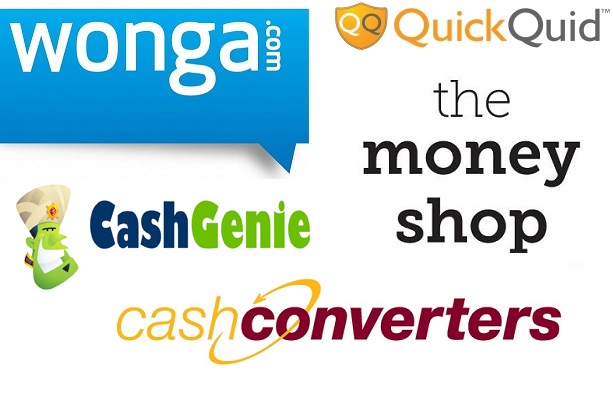Google plans to ban ads from so-called payday lenders in its search results, in a move the company hopes will limit what it calls a “harmful” industry.
The search giant plans to stop allowing ads for loans due within 60 days or with an interest rate of 36% or higher.
Writing in a blog, the firm’s global product policy director David Graff said: “This change is designed to protect our users from deceptive or harmful financial products and will not affect companies offering loans such as mortgages, car loans, student loans, commercial loans, revolving lines of credit.”
Payday loan firms such as Wonga and Quick Quid offer borrowers short-term quick cash fixes at inflated interest rates. The industry has come under fire previously for a perceived lack of transparency in its ad campaigns, and targeting those with a poor credit history.
The Online Lenders Association said Google’s new policy was “disappointing”.
“It’s disappointing that a site created to help give users full access to information is making arbitrary choices on the advertisements users are allowed to see from legal businesses,” said the group’s president, Lisa McGreevy.
This is not the first time that Google has banned ads from certain industries. Ads for counterfeit goods, weapons, explosives, tobacco products and hate speech are all banned by Google.
Payday lenders have bee accused of targeting the poor and trapping them in a cycle of borrowing with high interest rates.
These types of loans are often used for unexpected or short-term expenses, such as medical bills, but come with very high interest rates and fees.
A Pew Research study from 2012 found the typical payday loan user borrows for five months and spends $520 on fees and interest to borrow $375.
The change to Google’s advertising policy will only affect lenders that fall into the short-term high-interest category.
“This change is designed to protect our users from deceptive or harmful financial products and will not affect companies offering loans such as mortgages, car loans, student loans, commercial loans, revolving lines of credit,” Graff added.

